8 Dental Care Tips for Expectant Mothers
-
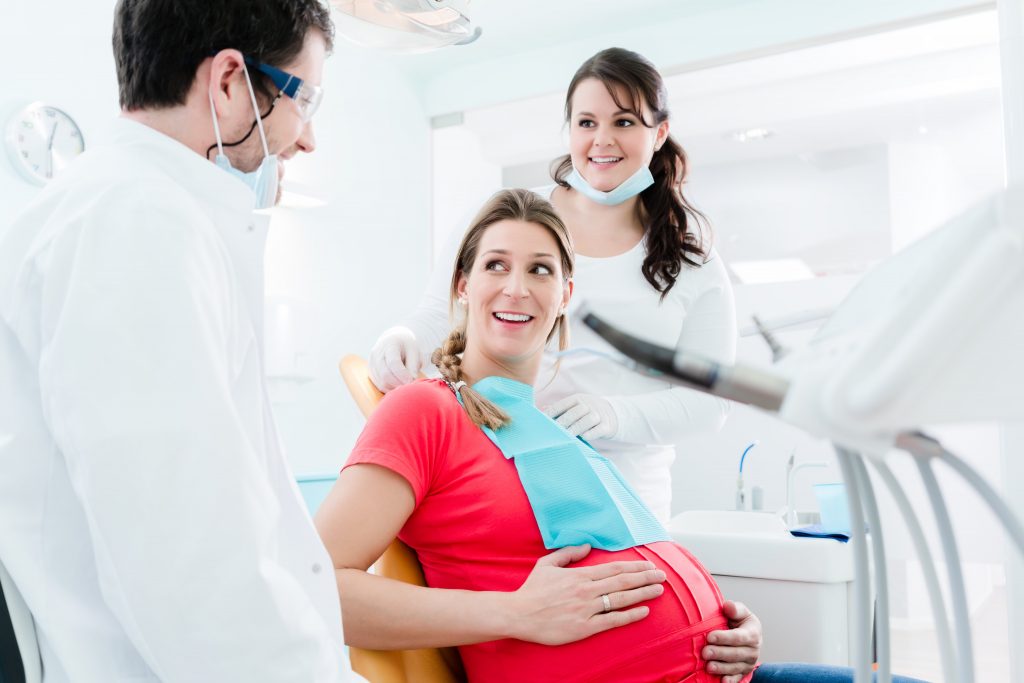
Pregnancy is an incredibly exciting and wonderful time of life, but it can also be stress-filled and somewhat daunting, especially if it’s your first child. Your obstetrician can help guide you through the process and can provide you with proactive steps you can take along the way to safeguard your health and protect that of your child.
But did you know that this includes dental health? The associated hormonal changes can make certain dental problems worse, and there are a number of things that may even put your child at risk.
Here are eight dental care tips for expectant mothers:
-
1. Pregnancy Gingivitis
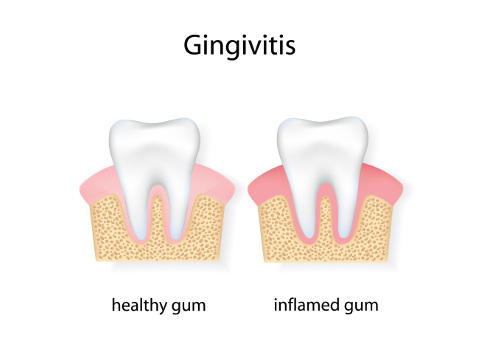
The hormonal changes associated with pregnancy put expectant mothers at greater risk of gingivitis. This gum condition is so commonly associated with pregnancy that it’s often referred to as pregnancy gingivitis, even though it isn’t really any different than the traditional form of gingivitis.
The symptoms of pregnancy gingivitis can include:
- Red, swollen or tender gums
- Sensation of loose teeth
- Spaces between the teeth
- Receding gums
- Bad breath
- Pus along the gums
- Change in bite
If you develop any of these symptoms while pregnant, it’s important that you visit your dentist as soon as possible to prevent the condition from worsening.
-
2. Periodontal Disease
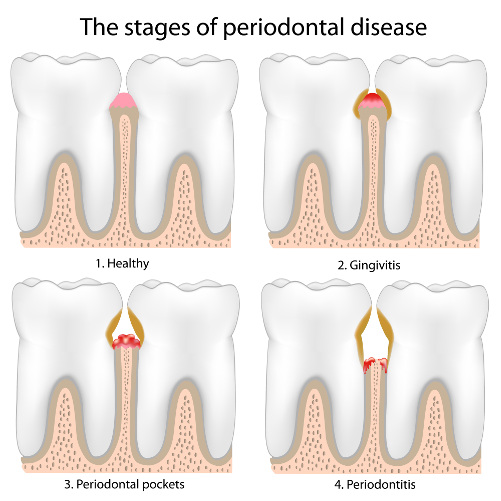
If pregnancy gingivitis goes untreated, it can worsen to periodontal disease. This is particularly problematic for pregnant women because periodontal disease can increase your risk for pre-term labor and low birth weight. For this reason it’s incredibly important to act on the early signs of gingivitis before it progresses to periodontal disease.
The symptoms of periodontal disease include:
- Bleeding gums
- Inflamed gums
- Tender gums
- Bad breath
- Tooth loss
- Infection
-
3. Pregnancy Tumors
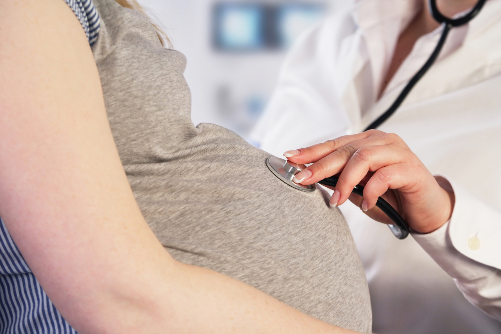
Expectant mothers who suffer from pregnancy gingivitis or periodontal disease are at increased risk for developing pregnancy tumors (pyogenic granulomas). These oral tumors are not life threatening, but they can make it difficult to eat or speak. Your dentist can remove pregnancy tumors in a relatively straightforward procedure, but it’s important for the health of mother and child that gingivitis and periodontal disease are not allowed to fester to such an extent that tumors become a concern.
-
4. X-rays
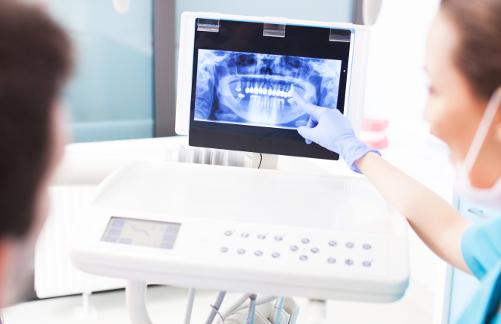
It’s important to maintain dental health during pregnancy through routine visits to the dentist. But there are certain treatments that you should try to avoid during pregnancy to ensure the health and safety of your child.
Although X-rays only produce a small amount of radiation and are generally safe for adults and children (in moderation of course), they are not recommended during pregnancy as the low levels of radiation are strong enough to potentially harm the developing fetus. However, there are times when the benefits outweigh the risks. Needless to say, the subject of X-rays during pregnancy is somewhat controversial.
Discuss any questions or concerns with your dentist and obstetrician to help inform your decisions.
-
5. Extensive Dental Work
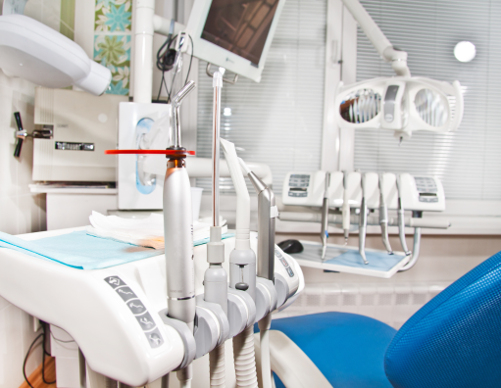
It is not recommended that you undergo extensive dental work while pregnant because of the stress that the treatment can put on mother and child. Extensive dental procedures typically require a significant amount of chair time, which can put pressure on the major blood vessel that supplies blood to your lower extremities. This can lead to faintness and discomfort. The circulatory stress can also affect the health of the fetus.
-
6. 3 Times a Day

The hormonal changes during pregnancy make you more susceptible to bacteria accumulation in the mouth. In order to combat this increased risk, expectant mothers are advised to alter their brushing and flossing habits to three times a day instead of the twice daily regimen recommended for everyone else.
-
7. Gum-healthy Diet
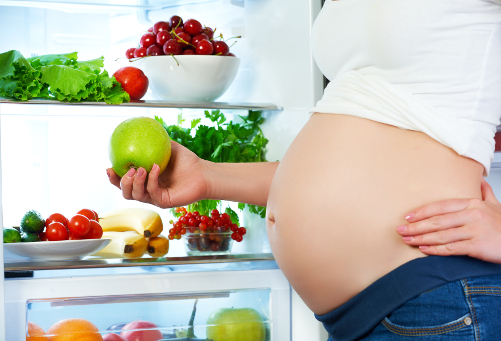
There are a number of dietary changes that you can make to help protect your gums during pregnancy, and stave off things like gingivitis and periodontal disease. Make sure your diet is full of calcium, B12 and vitamin C.
-
8. Tackling Morning Sickness
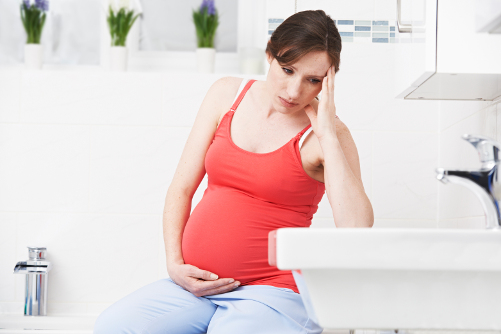
Unfortunately, morning sickness and vomiting are common side effects of pregnancy. But certain dental hygiene-related measures can help bring a bit of relief.
Try using a warm water or antibacterial mouthwash rinse in the morning to help improve the effects of morning sickness. You can also use baking soda — which has been known to provide relief for an upset stomach — as a toothpaste. (Check with your obstetrician before using baking soda as a toothpaste during pregnancy, especially if you suffer from high blood pressure.)









